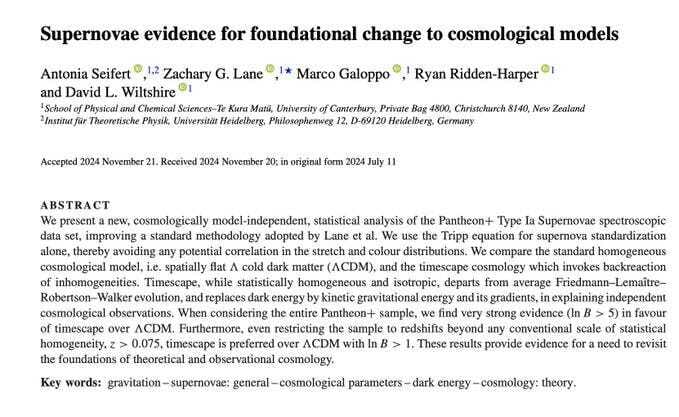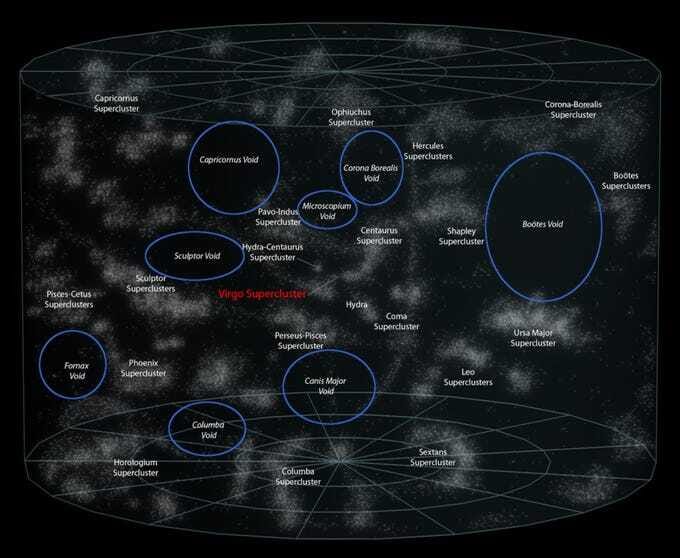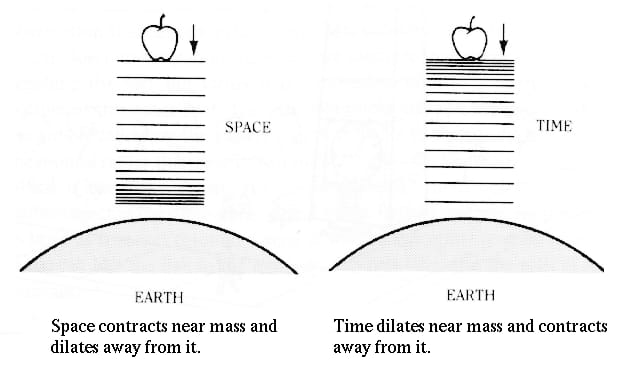Dark Energy or a Difference in the Flow of Time? How a New Discovery Changes Our Understanding of the Universe

The dark energy model, which won the Nobel Prize in 2011, might be wrong. A new explanation for the accelerated expansion of the universe suggests that it is due to variations in the flow of time in intergalactic voids, rather than the mysterious "dark energy" that makes up around 69% of the universe's total energy.
According to this new theory, the cause of the accelerated expansion may not be "dark energy" but rather the fact that time flows at different speeds in different parts of the universe.

This theory proposes that time moves faster in the voids between galaxies than within the galaxies themselves. This is because, in gravitational wells where matter is concentrated, time slows down. So, if we could observe time in various regions of the universe, we would see that it flows differently depending on whether we are in a void or near galaxies.

It was once believed that the universe is homogeneous and that all space is the same. But in reality, it isn’t: there are dense clusters of galaxies and vast voids between them. These voids, where time moves faster, could create the illusion of accelerated expansion. So, instead of explaining this phenomenon with "dark energy," we could explain the accelerated expansion simply as a result of differences in the flow of time in different regions of the universe.

If this idea turns out to be correct, our current model of the universe, where "dark energy" is responsible for the accelerated expansion, will be proven wrong. This would open up a new understanding of the cosmos and require a rethinking of many of our theories about its structure and development.

Sources and useful readings: